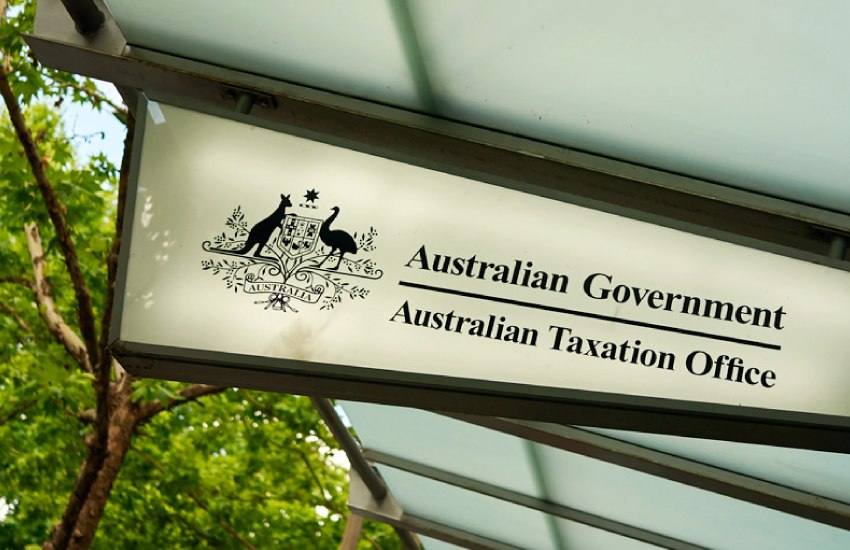ATO sheds light on CGT confusion over property, corporate restructures
The ATO has provided clarity on when CGT relief applies in situations where there has been a change in the nature of the asset such as property settlements, options and corporate restructures with shares.
While most SMSF practitioners have been working their way through the CGT relief for clients, there remains a few questions around what assets are eligible for the CGT relief, said BDO superannuation partner Mark Wilkinson at a Tax Institute conference last week.
“One of the requirements under the legislation is that the asset must be held from the pre-commencement period all the way through to the date that it’s unsegregated if it’s a segregated asset, or to 30 June if it’s dealt with on a proportional basis. This raises the issue of what happens where there’s a change in the nature of an asset,” Mr Wilkinson said.
“There are a couple of examples of this, including property settlements, options being exercised or a corporate restructure taking place [with shares].”
Also speaking at the Tax Institute conference, ATO acting assistant commissioner Tara McLachlan explained that the most important principles to look at with this are what the asset is and whether it was held during required period.
“If we look at property settlements first, if a fund exchanges a contract on the property in October but it settles in December, this wouldn’t be eligible for CGT relief.
“It’s all about legal ownership, so when you enter into the contract the asset that you have is contractual rights, it’s not until settlement that you actually acquire the property so that is the time from when it will be held.”
With a corporate restructure, this is going to depend on the facts of the particular case, Ms McLachlan said.
“If the restructure left the share entitlement unchanged, and it was merely the conditions associated with the shares so it changed from a Class A to a Class B, then potentially the CGT relief could apply,” the acting assistant commissioner said.
“However, if it was a change from one distinct type of share to a different type of share, then obviously it’s not the same kind of asset, so you wouldn’t get CGT relief.”
It is also clear, she said, that an option is different from a share.
“So, what you held one day was the option, you then acquire a different asset being the share, so in that case, our view is that CGT relief does not apply,” Ms McLachlan said.

Miranda Brownlee
Miranda Brownlee is the deputy editor of SMSF Adviser, which is the leading source of news, strategy and educational content for professionals working in the SMSF sector.
Since joining the team in 2014, Miranda has been responsible for breaking some of the biggest superannuation stories in Australia, and has reported extensively on technical strategy and legislative updates.
Miranda also has broad business and financial services reporting experience, having written for titles including Investor Daily, ifa and Accountants Daily.








